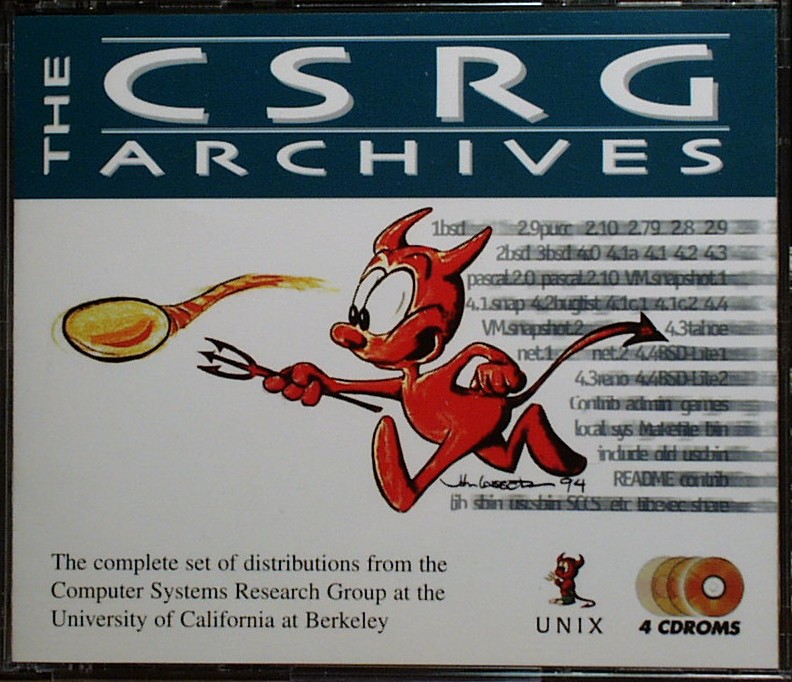After the previous reports of Microsoft stacking standards bodies, Andy Updegrove points out that there is now a far more insidious problem facing the ISO/IEC Standards Committee 34 as a result of its suddenly inflated membership.
The rules of the committee require at least 50% of the ‘P’ status members (not the observing members) return a vote in response to every ballot request (even an ‘abstain’ vote counts).
At the end of 2006 the committee had 23 members, having gained 5 over the previous 2 years.
By the time of the OOXML vote in September the number had more than doubled – and 22 new countries joined between April and the end of August, plus there were 11 new ‘P’ members.
The problem now is that none of the new ‘P’ members are bothering to vote – the last 3 ballots have failed because that 50% figure has not been hit. As Andy writes:
While I’m told that 90% of committee votes have achieved the necessary 50% return in the past, the current numbers tell a far different story: the three most recent (SC 34 N 870, SC 34 872 and SC 34 N 874) have all failed because of P member apathy. As I read the tallies at those links, only one recent P member responded to a single ballot, even after some ballots had been reissued for a second or even a third time. Had it not been necessary to include the new P members in the calculations, the second two votes would have passed (the first related to establishing a liaison relationship with another organization, and not a standard).
They haven’t even bothered to return an ‘abstain’ vote. This pretty much confirms that the only reason they could have joined the committee for was to vote “Yes (without comments)” on Microsofts OOXML proposal. 🙁
Andy then goes on to quote from the weekly memos of Secretariat Manager, Ken Holman, as in increasing desperation he tries to coax the new members into meeting their obligations and voting on ballots that are dieing from lack of interest. Here is the penultimate quote in the series to give you a flavour..
9/30/2007
You will see at that link that (as of Sunday evening) only 7 member bodies of our 38 participating members have actually submitted a ballot response….Since the recent influx of new P-members to SC 34, not a single ballot has been able to be processed…
It is critically important that P-members remember their obligations: if we do not get 20 responses per ballot, the work of SC 34 will grind to a halt….If you do not plan to participate in the work of SC 34, please consider changing your membership to Observer status. For those national bodies that joined in the interests of DIS 29500 Ecma 376 OOXML, remember that P-member/O-member status in SC 34 has no effect on attendance and voting at the Ballot Resolution Meeting being held in February. If this is your only interest, it would serve SC 34 well to change your membership status to O-member.
One wonders if they will suddenly spring back into life when Microsofts XPS standard arrives there.
